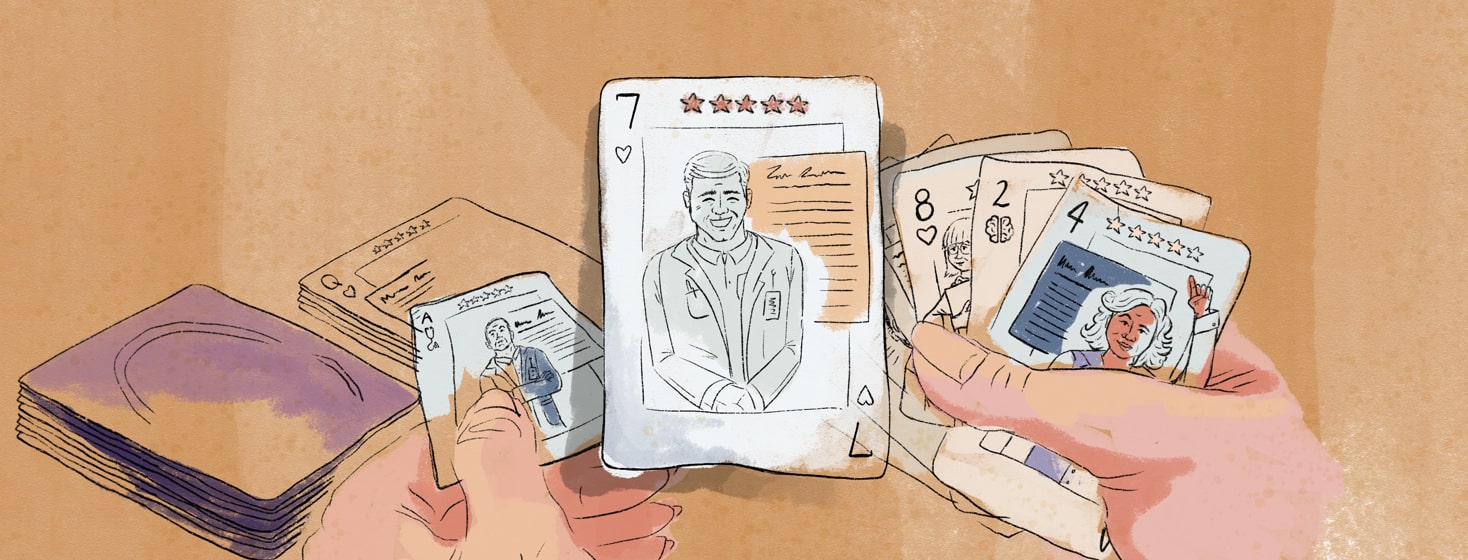Diagnosing Myasthenia Gravis
Myasthenia gravis (MG) can be a hard diagnosis to receive. I don’t mean hard as in emotionally challenging, although that definitely happens too. I mean it is difficult to find a doctor who knows what to look for and what to test for. Especially when seeking answers or confirmation of a specific (and in our case rare) diagnosis.
Who treats MG?
Prior to receiving my MG diagnosis, I assumed that any doctor could help. I realized there were specialists, however, when you’re not quite sure what is happening with your body it can be tricky to narrow down which specialist you might actually need.
Because of this, I assumed my primary care doctor could help guide me in the right direction to finding someone who could help. They are typically the middlemen who can suggest which doctor you might need to see and then refer you to them.
Unfortunately, that wasn’t the case for me and also in a lot of cases dealing with rare illnesses such as myasthenia gravis.
Finding the right doctor
After double vision became the most frequent symptom for me, I thought surely an eye doctor would know how to help. Again, I left disappointed when I was told nothing was wrong with my eyes.
While you may get lucky and find a doctor who doesn’t specialize in myasthenia gravis that can actually help provide a diagnosis, or even help treat you, it most often won’t happen that way.
That’s why the best doctor to see for an MG diagnosis is most commonly a neurologist. A neurologist is also the doctor you will see after confirming myasthenia gravis.
They will help manage your care and treatment plan. Also, more often times than not, you will communicate with them more than your primary doctor.
Blood work
Finding a doctor is the first challenge. Once you find a neurologist who suspects MG, there are multiple ways to confirm a diagnosis. One option is through blood tests. They are a commonly used diagnostic tool to confirm MG.
One of the antibodies these tests look for is AChR antibodies or MuSK antibodies. You don’t have both but if you do have high levels of either one, MG can be confirmed.1
Other tests
In the event, blood tests come back negative for either antibody but MG is still suspected, your doctor may order a repetitive nerve stimulation which tests the nerve’s signal and communication to the muscles looking for any signs of weakness over time.1
Another option is an electromyography (EMG) or a single fiber electromyography (SFEMG) which is a little more invasive and is typically done in cases when bloodwork comes back negative or when other tests can’t confirm a diagnosis quite yet.1
Help is out there
MG is still considered a rare disease which means it might take a little more patience to find the right doctor not only to confirm a diagnosis but one that will also work with you to find the right treatment plan as well.
It can be really difficult not to get discouraged throughout the whole process. I know from experience, but please don’t lose hope because help is definitely out there.
Do you have an MG story? Click the button below to share with our community!

Join the conversation